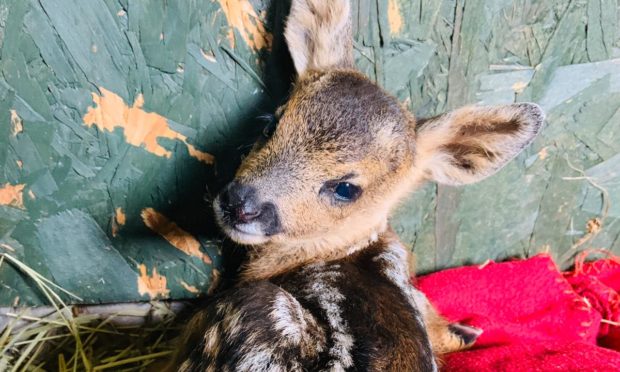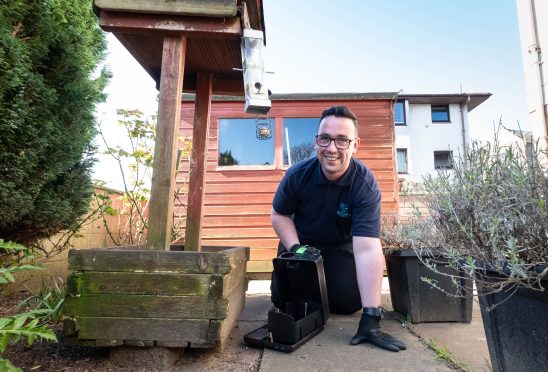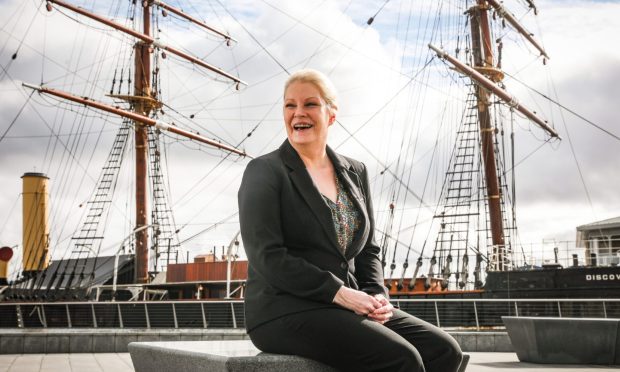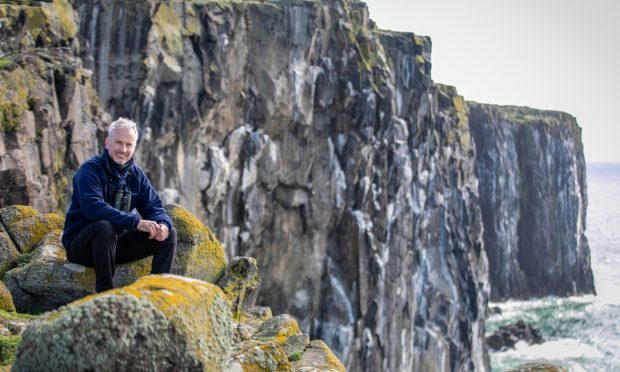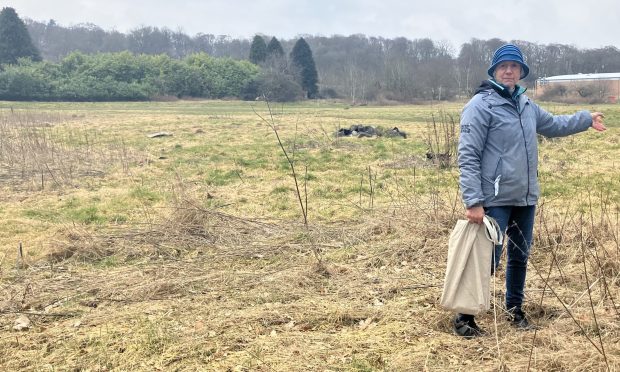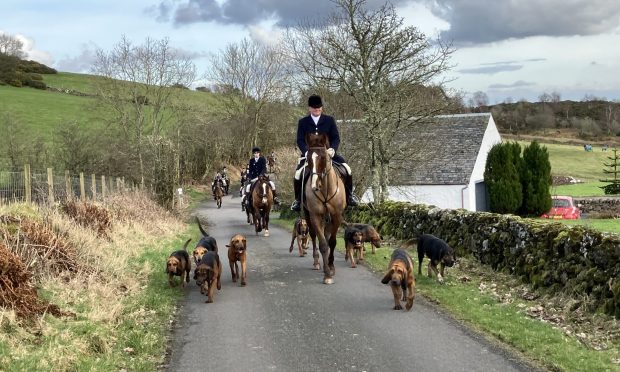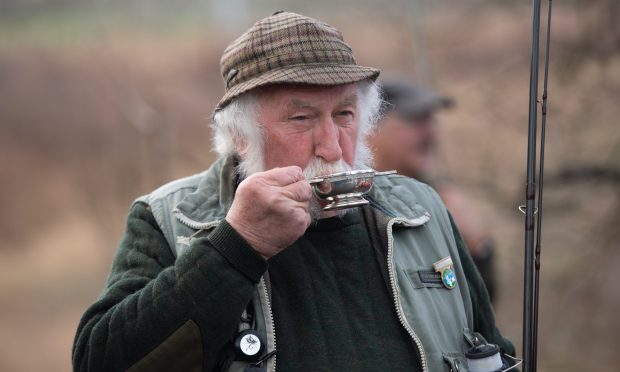The Scottish SPCA has urged people who find injured animals to hand them over to experts instead of attempting to nurse them back to health at home.
The charity has issued a stark warning that some people are inadvertently putting injured wildlife at risk by attempting to treat them on their own.
Scotland’s leading animal welfare charity has had reports of untrained people trying to care for wildlife including foxes, fawns and birds.
In the worst cases, wild animals have had to be put to sleep because they did not get proper treatment and attention soon enough.
The SSPCA launched its Wildlife Wise campaign in April to educate the public on when they should and should not contact them about wildlife.
One person kept a young fox in a shed for three months until it was too much to cope with and then contacted the helpline. By then, it was not safe for the fox to be released back to the wild.
The charity also reported people feeding birds paracetamol and taping up their maggot-infested wings, while others have taken animals to vets themselves.
Mike Flynn, the SSPCA’s chief superintendent, said: “By no means do we think people do this maliciously or with intent to harm these animals but unfortunately, by trying to care for them, they are doing more harm than good.
“Through good intentions people are causing these animals unnecessary suffering and unfortunately, in many cases, death.
“Wild animals do not have the centuries of domestication that companion animals do. Instinctively, wild animals see humans as a threat and any interaction will cause them a great deal of distress.
“We would ask that the public do not try and take matters in to their own hands. In the first instance people should check our website for advice and if they’d still like to speak to someone, call our animal helpline for information.”
